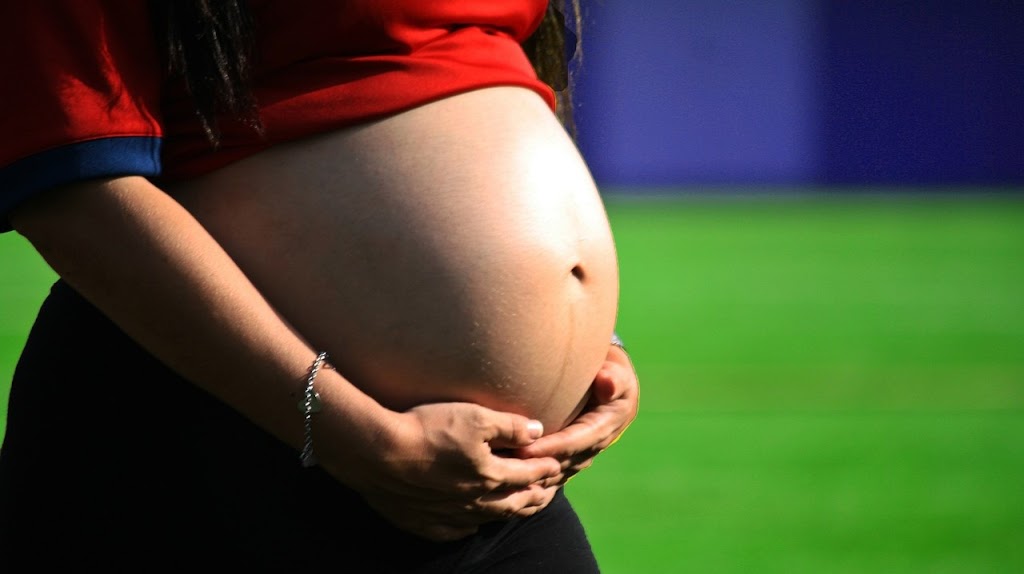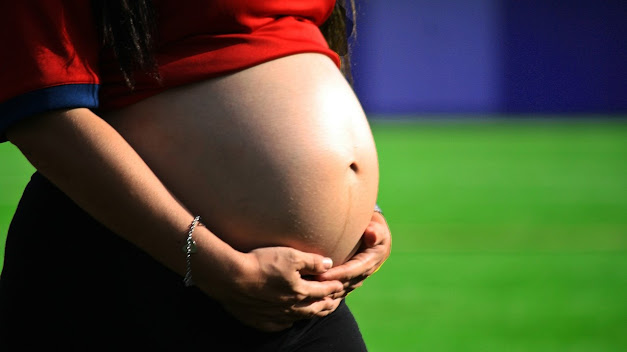Pregnancy food
Pregnancy is an exciting and unique time for every expectant mother. As the baby grows inside the womb, a pregnant woman’s body undergoes many changes to nourish and protect the developing fetus. Proper nutrition is important during pregnancy, but unfortunately, many women interpret “eating for two” as an excuse to indulge in unhealthy foods. Research has shown that overeating during pregnancy can have lifelong consequences on the baby, including obesity.
Several studies have linked maternal weight gain during pregnancy with an increased risk of the child developing obesity. A study published in the journal Obesity found that children born to mothers who gained more than the recommended amount of weight during pregnancy were more likely to be overweight or obese at age 12 than children who gained the recommended amount. gained weight. , Another study published in the International Journal of Obesity found that maternal weight gain during pregnancy was associated with increased fat mass and higher body mass index (BMI) in children at age six.
The reasons for this association between maternal weight gain during pregnancy and childhood obesity are not entirely clear. However, researchers have proposed several possible mechanisms. One possibility is that excessive weight gain during pregnancy may lead to changes in the baby’s metabolic and hormonal systems, increasing the risk of obesity later in life. Additionally, mothers who gain a lot of weight during pregnancy are more likely to have large babies, who may be at higher risk of obesity in childhood and later.
It is important to note that proper nutrition during pregnancy is important for the health of both the mother and the developing fetus. However, this does not mean that pregnant women should eat for two. Instead, pregnant women should aim to eat a balanced and healthy diet that includes plenty of fruits, vegetables, whole grains, lean proteins, and healthy fats. Additionally, pregnant women should follow their healthcare provider’s recommendations regarding weight gain during pregnancy, which will vary based on their pre-pregnancy BMI.
Read more :- How many steps should be taken daily to stay fit and healthy
Excessive weight gain during pregnancy can have lifelong consequences for the baby, including obesity. Pregnant women should make healthy nutrition a priority and follow their healthcare provider’s recommendations regarding weight gain during pregnancy. By doing so, they can help ensure the long-term health of both themselves and their children.
The Study
Good nutrition is essential for the healthy development of the fetus or newborn. However, researchers at Rutgers University have found that over-nutrition during this critical period can have long-lasting effects on a child’s eating habits. In a study published in the journal Cell Reports, researchers found that over-nutrition can rewire the developing brain, leading to a lifelong preference for unhealthy foods.
The study, which was conducted in rats, found that when pregnant or nursing rats were fed a high-fat diet, their offspring were more likely to seek out and consume high-fat foods throughout their lives. Is. Is. Researchers believe this preference for unhealthy foods is due to changes in the brain’s reward system that result from overnutrition during development.
Read also : – How 5 reduces the risk of chronic diseases physical fitness
Specifically, the researchers found that increased nutrition led to changes in dopamine receptors in the brains of the offspring. When we consume something pleasurable, such as food, dopamine is released in the brain, creating a feeling of pleasure and reinforcing the behavior. However, the researchers found that high nutrition during development reduced the number of dopamine receptors in the brains of the offspring, making them less sensitive to dopamine.
This decrease in dopamine receptor activity meant that the offspring had to consume more high-fat foods in order to feel the same pleasure as their counterparts who were not exposed to as much nutrition. Over time, this led to a preference for high-fat foods, which could contribute to obesity and other health problems later in life.
The implications of this research are important, as they suggest that over-nutrition during pregnancy or early childhood can have lifelong effects on a child’s eating habits. The researchers hope that this research may lead to new interventions that may help prevent obesity and other health problems by targeting the brain’s reward system.
Research from Rutgers University suggests that over-nutrition during pregnancy or early childhood can lead to a lifelong preference for unhealthy foods. The study found that over-nutrition rewires the developing brain, making offspring less sensitive to dopamine, which may contribute to a preference for high-fat foods. This research could lead to new interventions to help prevent obesity and other health problems by targeting the brain’s reward system.




